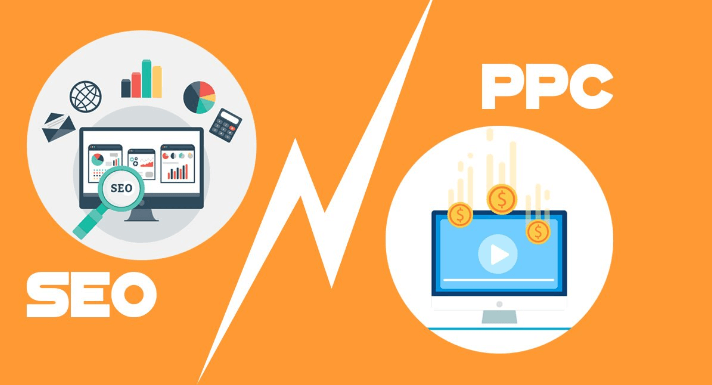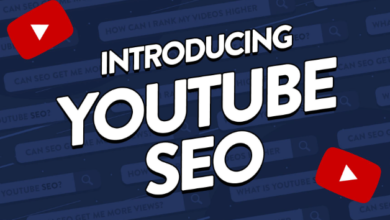Is PPC Part of SEO? Understanding the Relationship

Before delving into their relationship, let’s briefly define SEO and PPC:
- SEO (Search Engine Optimization): SEO is the practice of optimizing a website’s content, structure, and various elements to improve its visibility and ranking on search engine results pages (SERPs) organically. It involves a variety of on-page and off-page techniques to attract organic traffic from search engines like Google, Bing, and Yahoo.
- PPC (Pay-Per-Click) Advertising: PPC is a digital advertising model where advertisers pay a fee each time their ad is clicked. These ads appear on search engines and various other online platforms, providing immediate visibility to targeted audiences. Google Ads is one of the most popular PPC platforms.
The Relationship Between SEO and PPC
At first glance, SEO and PPC might seem like two distinct marketing channels. B2B marketing agencies often manage PPC campaigns to target specific business niches, ensuring their clients’ ads are displayed prominently when potential customers search for related services or products. By integrating SEO and PPC, B2B marketing agencies can deliver a comprehensive digital marketing strategy that maximizes online visibility. However, there are several ways in which they are interconnected and can work together to enhance your online presence and overall marketing strategy:
1. Keyword Research
Both SEO and PPC rely heavily on keyword research. PPC campaigns often start by identifying relevant keywords to target with paid advertisements. This research can be valuable for SEO as well. Understanding which keywords drive traffic and conversions through PPC can inform your organic keyword strategy.
2. Data Sharing
PPC and SEO can share valuable data insights. By analyzing PPC campaign performance, you can gain a deeper understanding of which keywords, ad copy, and landing pages are most effective. This data can then be used to refine your SEO strategy, focusing on optimizing pages that perform well in PPC.
3. Brand Visibility
PPC can help boost your brand’s visibility on search engine results pages. If you’re running PPC ads alongside your organic listings, you can occupy more real estate on the SERPs, making it more likely for users to click through to your site. This dual presence can enhance your brand’s credibility and trustworthiness.
4. A/B Testing
PPC offers a quick and efficient way to conduct A/B tests for various ad elements, such as headlines, ad copy, and landing pages. The insights gained from successful PPC tests can be applied to your SEO strategy to improve the performance of your organic content.
5. Content Creation
SEO often involves creating high-quality content that appeals to both search engines and users. PPC landing pages and ad copy need to be relevant and engaging as well. Collaborating on content creation can lead to a more cohesive messaging strategy across all marketing channels.
6. Budget Allocation
By analyzing the results of both SEO and PPC efforts, you can optimize your budget allocation. If you find that certain keywords perform exceptionally well in PPC but struggle in organic search, you might choose to allocate more resources to PPC for those keywords.
Conclusion
In conclusion, while PPC and SEO are distinct digital marketing strategies, they are not entirely separate. They can complement each other in various ways, ultimately enhancing your overall online marketing efforts. By leveraging the synergy between these two channels, you can achieve a more well-rounded and effective online presence.
Remember that the specific relationship between PPC and SEO may vary depending on your business goals, industry, and target audience. Therefore, it’s crucial to monitor performance, analyze data, and adjust your strategy accordingly to maximize the benefits of this dynamic duo in the ever-competitive digital landscape.




